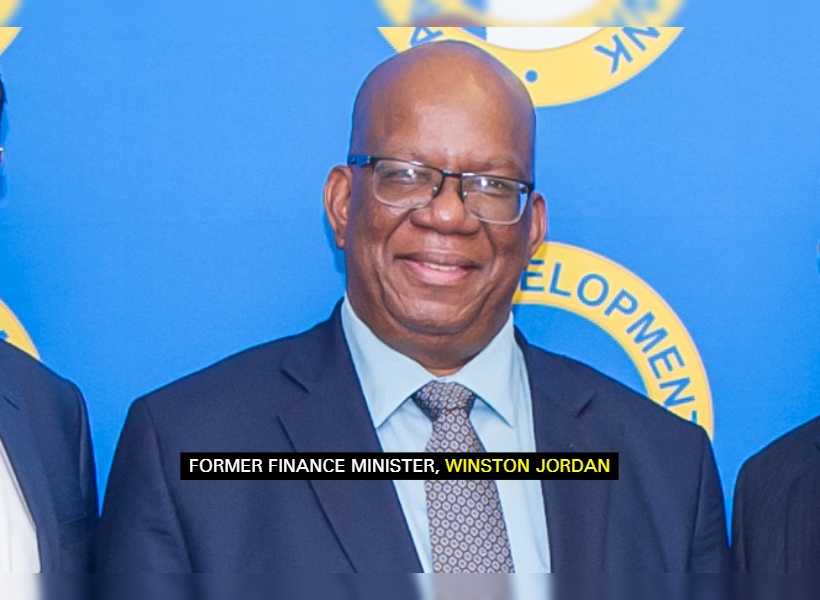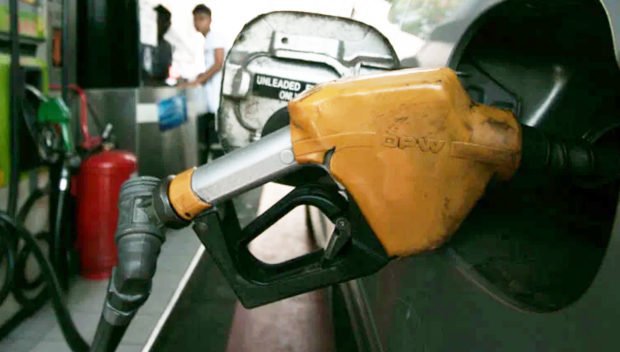The Government of Guyana is set to submit a US$66 million supplementary budget to the National Assembly for approval. This substantial allocation aims to cushion the impact of rising fuel prices.
Vice President Dr. Bharrat Jagdeo, recently addressing the media on the matter at the Office of the President, emphasizing the urgency of the measure given the relentless increase in fuel costs. He highlighted that while international fuel prices have surged from US$70 to over US$100 per barrel, the government has been absorbing these hikes to shield citizens from the full brunt of the global economic shifts.
“We are currently paying over US$105, maybe even US$110 per barrel for fuel. However, unlike other countries, we have not increased the price of electricity,” Dr. Jagdeo explained. “This is crucial because, without this intervention, the cost of electricity, and consequently the cost of living, would have escalated significantly. Therefore, we will approach Parliament for a supplementary budget of US$66 million to subsidize electricity costs before the year-end recess.”
Dr. Jagdeo addressed misconceptions in local media, stressing that the government is working tirelessly to mitigate the impact of rising global costs. He pointed out that over 200 taxes and fees implemented by the previous APNU+AFC administration have been reversed, a move that has increased household disposable income by over $300,000 annually.
“If we hadn’t kept water and electricity rates stable or removed taxes from fuel, the prices of gasoline and diesel would have soared, affecting transportation and other essential services. This would have significantly increased the cost of living,” Dr. Jagdeo noted, underscoring the government’s commitment to ensuring economic stability for its citizens.
Since 2020, a series of budgetary measures have been introduced to alleviate the economic burden on Guyanese families. These include grants for vulnerable groups such as persons with disabilities, small business owners, dialysis patients, and indigenous communities. Dr. Jagdeo elaborated on the impact of these measures, citing the removal of a 50% fuel tax, which has saved the populace around $75 billion.
Moreover, the agricultural sector, a backbone of the country’s economy, has seen significant support from the government. Farmers have benefited from improved access to drainage and irrigation systems, more farmlands, and the provision of free planting materials and fertilizers. These initiatives have not only boosted crop production but have also stabilized market prices for agricultural commodities.
Data from the Guyana Marketing Corporation, covering the period from June 6 to June 13, 2024, revealed stable prices for key food items across major markets. Beef, chicken, and pork prices have remained steady at $700, $500, and $800 per pound, respectively, at the Stabroek Market. Similar stability is observed in other markets, including Mon Repos.
The cost of local produce has also seen little fluctuation, with one local white egg ranging between $42 and $50 across various markets such as Stabroek, Bourda, and Mon Repos. Popular vegetables like bora and lettuce are available at consistent prices, ensuring that families can afford nutritious food despite the broader economic challenges.
The government’s 2024 budget, which earmarked $7 billion for additional cost-of-living relief measures, reflects a continued commitment to supporting Guyanese households. These funds are set to be deployed later in the year to further alleviate economic pressures.
In his address, Dr. Jagdeo also highlighted the decision to subsidize fuel costs directly benefits every citizen, even if the impact is not immediately visible in everyday expenses.
As the government prepares to submit the supplementary budget proposal, the focus remains on protecting the economic well-being of its people.











